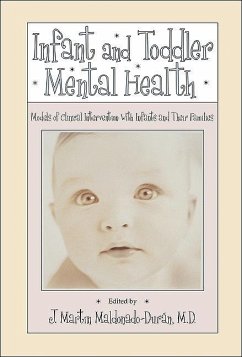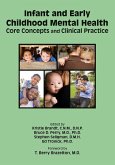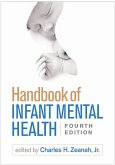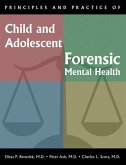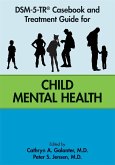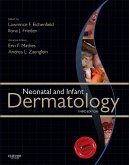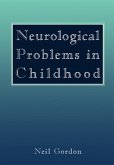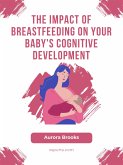Countless studies have demonstrated the power of early intervention to permanently alter the course of a child's life. Yet -- heightened by the past decade's research breakthroughs in genetics -- the nature vs. nurture controversy rages on.
This volume dispels some of the persistent myths surrounding this controversy. Unlike largely theoretical texts that describe infant behavioral and emotional difficulties and other psychosocial challenges affecting young children, this eminently practical guide illustrates what to do in numerous clinical situations with actual patients. Written by clinicians who work with infants and children and their families every day, this reality-based approach addresses the most common and important problems in infant psychopathology (e.g., trauma, sleep, feeding, excessive crying, attachment disruptions), covering models of intervention from pregnancy through infancy, attachment issues, and transgenerational themes.
Here, you'll find topics rarely addressed elsewhere: ¿ The theoretical and clinical implications of trauma during early childhood and its effects on emotional regulation, cognition, and attachment, including potential disruptions of attachment -- a topic widely overlooked in the life of young children, perhaps because of the distress it produces in adults to think that infants can be subject to violence, witness major traumatic events, and experience consequences from such events
¿ Techniques, such as multimodal parent-infant psychotherapy, for working effectively with families -- once considered "unreachable" -- who are under severe stress and have endured multiple disruptions, disappointments, and marginalization
¿ A timely discussion of a rarely addressed problem on the importance of early intervention and the effects of day care for infants, from the point of view of the infant exposed to multiple caretakers, addressing the very difficult questions of the effects on infants of changes in caretakers
¿ How young children use their bodies and its functions to manifest their difficulties, focusing on sleeping, crying, and eating with practical suggestions that can be widely applied by health care professionals
¿ Unique commentaries on two case examples by a diverse international panel of clinicians and researchers -- from countries such as Argentina, Canada, France, Japan, Mexico, Switzerland, the UK, and the U.S. -- illustrating the differences of opinion, approaches, and perspectives that together generate more effective assessment and treatment
This thought-provoking clinical reference is a "must read" for developmental, child, and adolescent psychiatry educators and practitioners -- and nurses, pediatricians, occupational therapists, and clinical social workers -- as they help the youngest members of our community through theoretical understanding and practical intervention.
This volume dispels some of the persistent myths surrounding this controversy. Unlike largely theoretical texts that describe infant behavioral and emotional difficulties and other psychosocial challenges affecting young children, this eminently practical guide illustrates what to do in numerous clinical situations with actual patients. Written by clinicians who work with infants and children and their families every day, this reality-based approach addresses the most common and important problems in infant psychopathology (e.g., trauma, sleep, feeding, excessive crying, attachment disruptions), covering models of intervention from pregnancy through infancy, attachment issues, and transgenerational themes.
Here, you'll find topics rarely addressed elsewhere: ¿ The theoretical and clinical implications of trauma during early childhood and its effects on emotional regulation, cognition, and attachment, including potential disruptions of attachment -- a topic widely overlooked in the life of young children, perhaps because of the distress it produces in adults to think that infants can be subject to violence, witness major traumatic events, and experience consequences from such events
¿ Techniques, such as multimodal parent-infant psychotherapy, for working effectively with families -- once considered "unreachable" -- who are under severe stress and have endured multiple disruptions, disappointments, and marginalization
¿ A timely discussion of a rarely addressed problem on the importance of early intervention and the effects of day care for infants, from the point of view of the infant exposed to multiple caretakers, addressing the very difficult questions of the effects on infants of changes in caretakers
¿ How young children use their bodies and its functions to manifest their difficulties, focusing on sleeping, crying, and eating with practical suggestions that can be widely applied by health care professionals
¿ Unique commentaries on two case examples by a diverse international panel of clinicians and researchers -- from countries such as Argentina, Canada, France, Japan, Mexico, Switzerland, the UK, and the U.S. -- illustrating the differences of opinion, approaches, and perspectives that together generate more effective assessment and treatment
This thought-provoking clinical reference is a "must read" for developmental, child, and adolescent psychiatry educators and practitioners -- and nurses, pediatricians, occupational therapists, and clinical social workers -- as they help the youngest members of our community through theoretical understanding and practical intervention.
Dieser Download kann aus rechtlichen Gründen nur mit Rechnungsadresse in A, D ausgeliefert werden.

